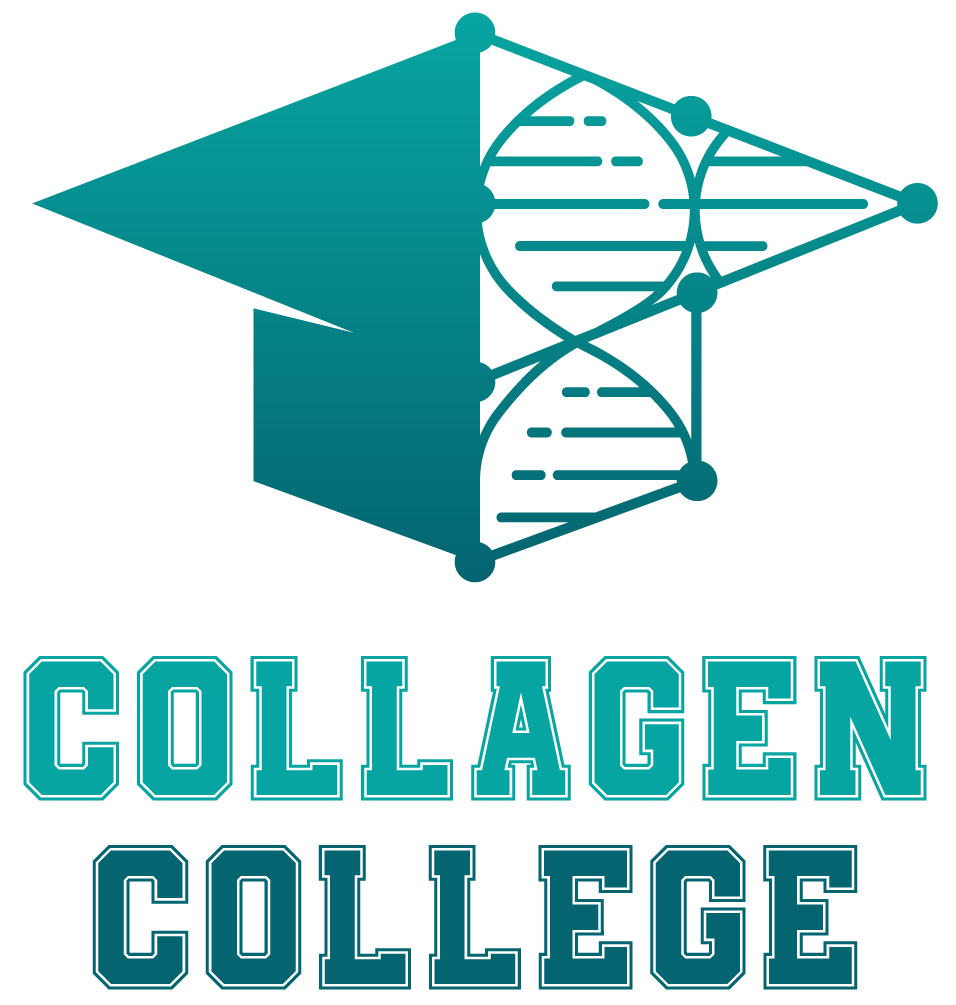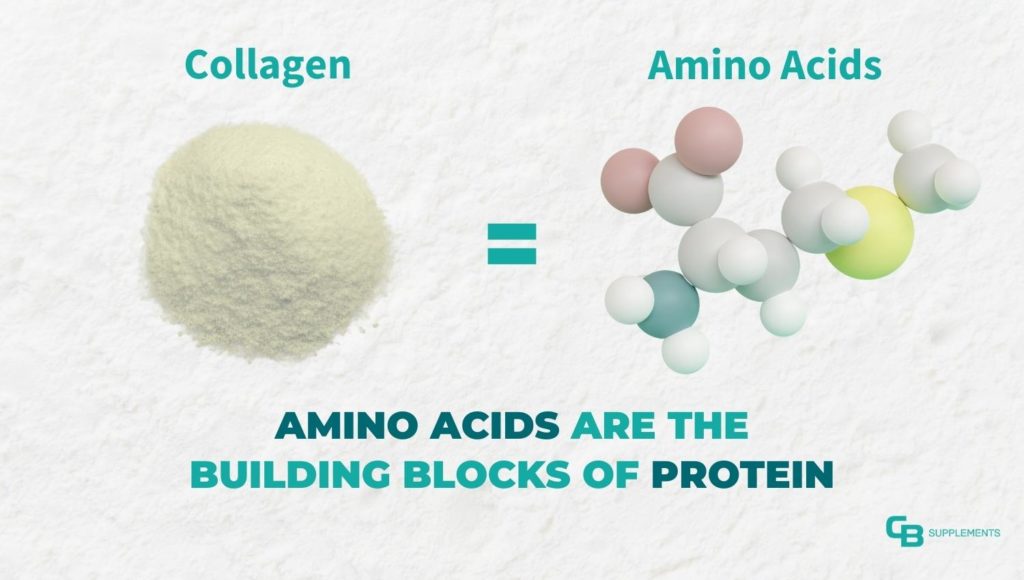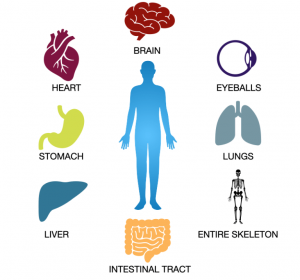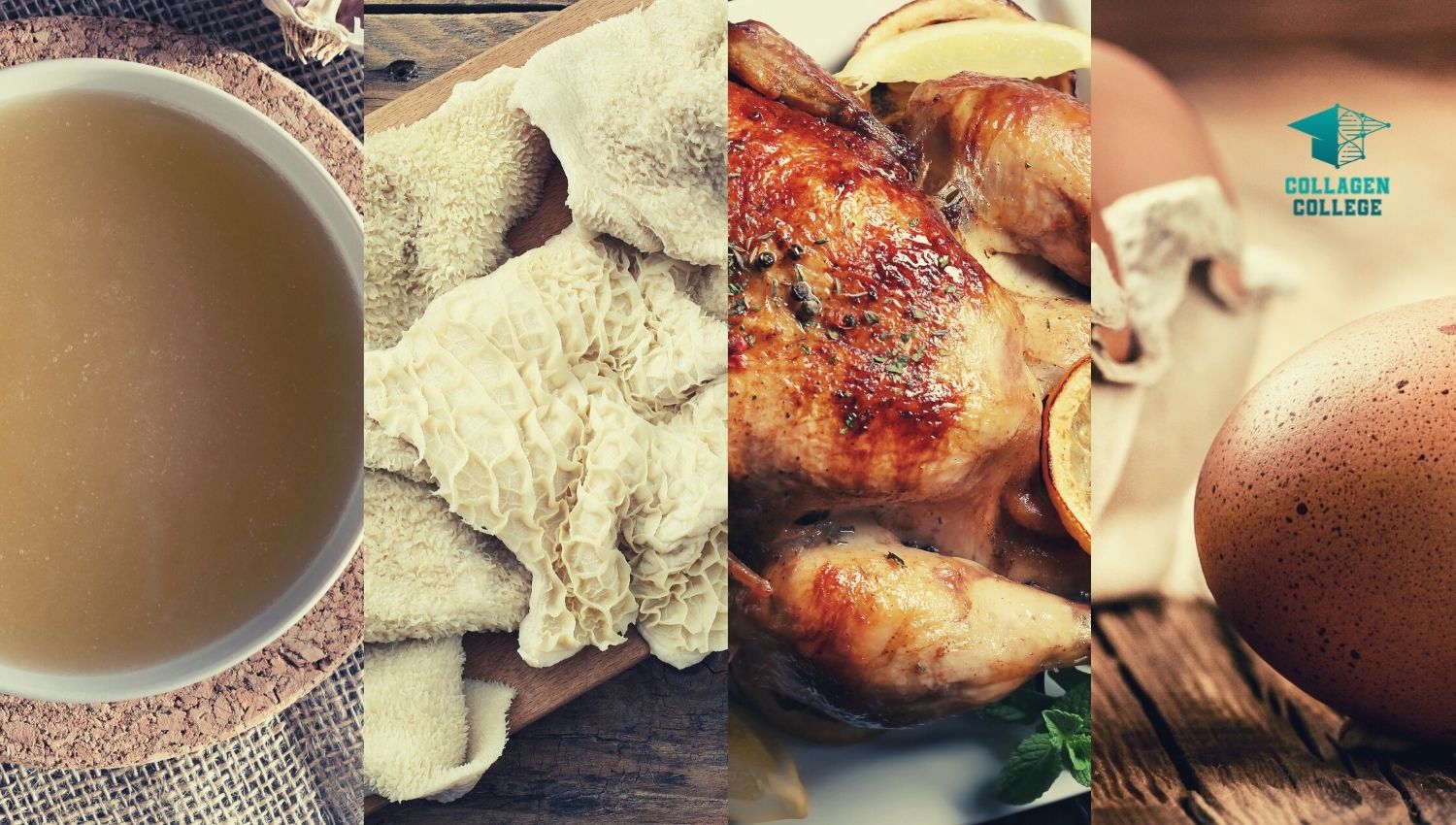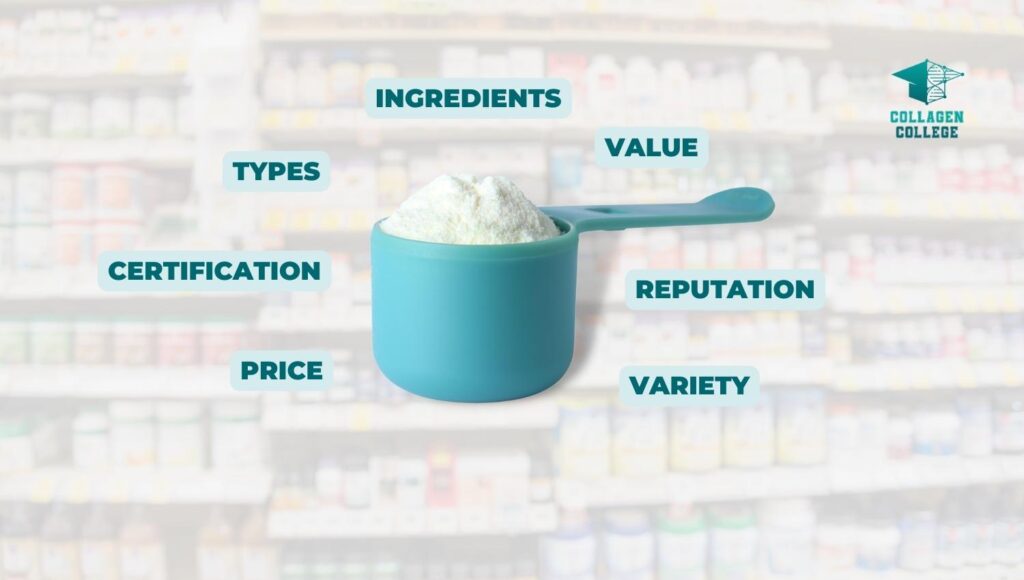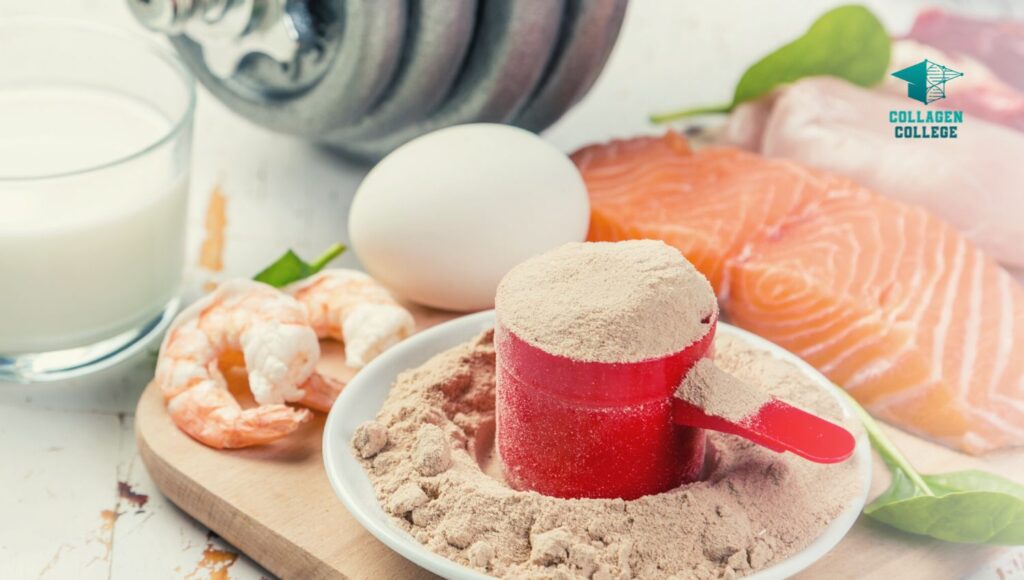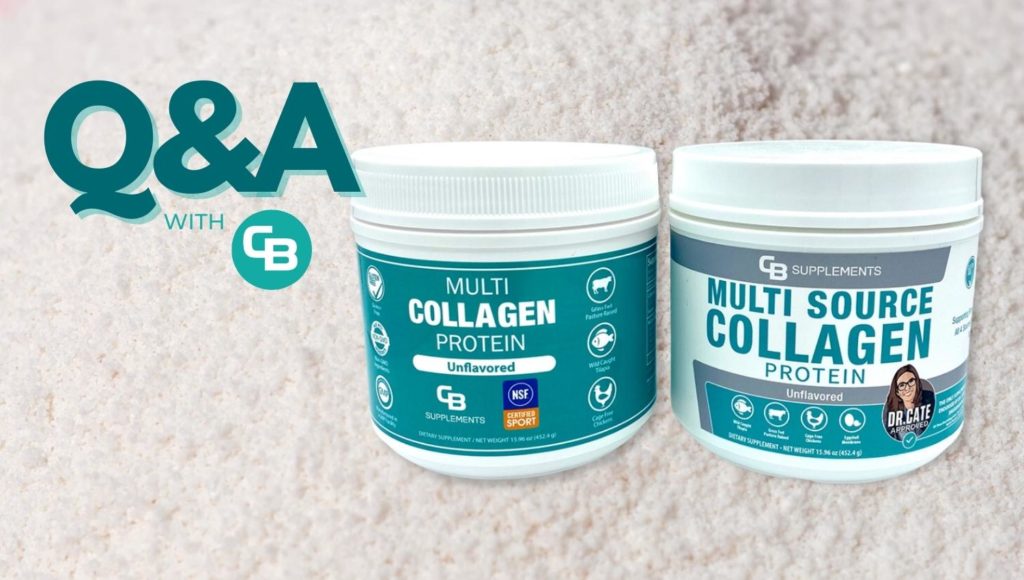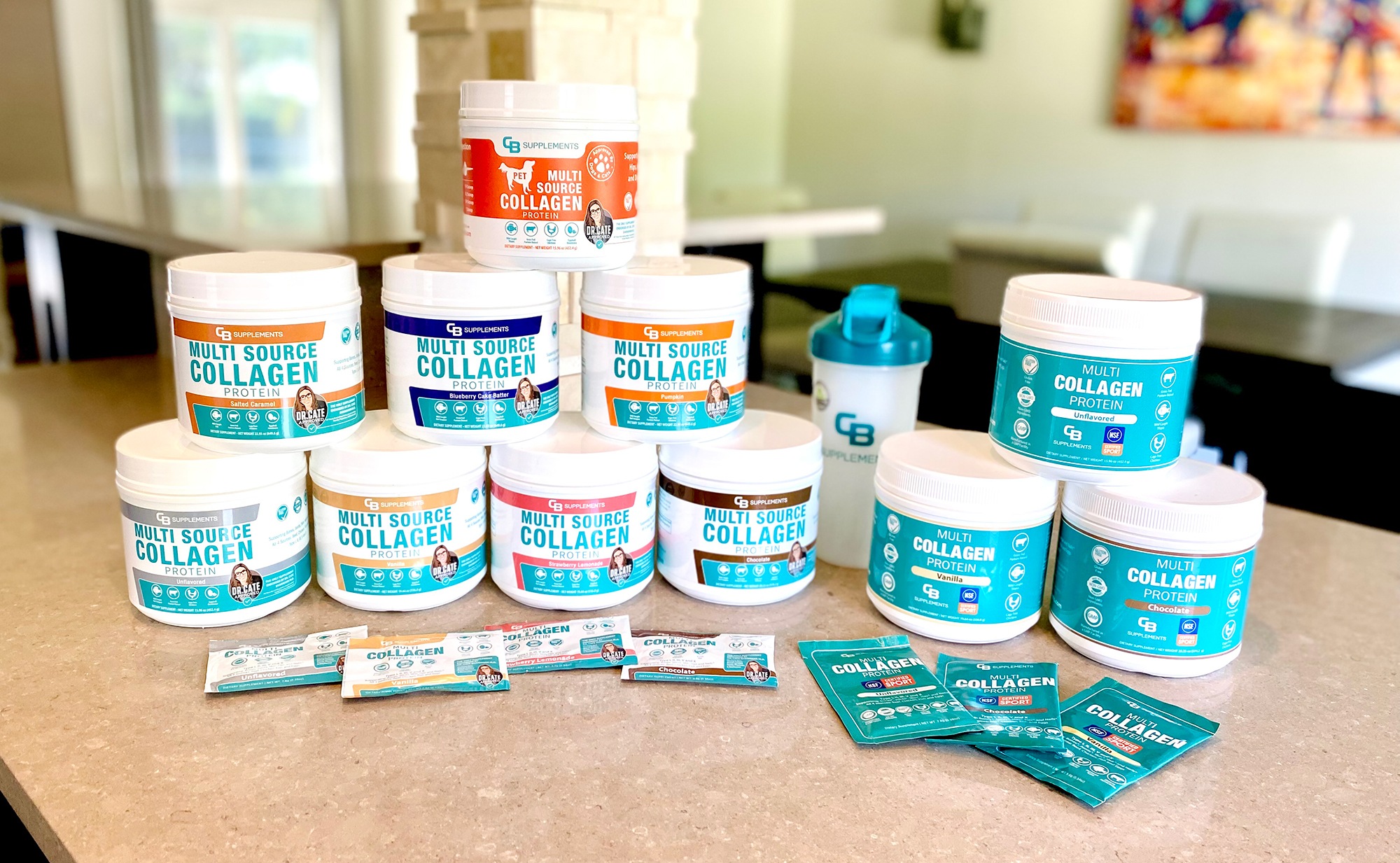This is no doubt a very science-y and nutrition-focused topic. Though many people don’t dive this deep into understanding collagen, we guess you’re here because you do care and looking to understand this unique protein.
Let’s start with the very basics.
Intro
Yes, collagen is protein.
In fact, it’s the most abundant type of protein found in all mammals, including us humans! The chemistry behind collagen is just like other proteins — long chains of amino acids. Amino acids are the building blocks of proteins, which we’ll explore more below.
But, is collagen a *gasp* complete protein?
I’ve seen another collagen product add the amino acid tryptophan to its powder. Is their collagen better because they do?
— Sarah
Maybe you’re like Sarah (thanks for the question btw) and found in your research that some collagen supplements tout they’re a “complete” protein. Or, maybe, you’re genuinely excited to try collagen — but this “complete” conversation makes you believe collagen is an inferior protein (it’s not, by the way).
Whatever your reason for being here, we love this topic and we’ll completely unpack it for you. 🙂
Complete Protein 101
Now that we know amino acids are the building blocks of protein, let’s bend this conversation back to determining if collagen is a complete protein. Let’s start with a simple definition of complete protein.
What is a complete protein?
When a food contains all nine of the essential amino acids, it is called a “complete protein”. Those 9 essential amino acids are Histidine, Isoleucine, Leucine, Lysine, Methionine, Phenylalanine, Threonine, Tryptophan (more on this below), and Valine.
Simple enough, right? Here are some examples of complete proteins:
- Most animal proteins. Meat, poultry, fish, eggs, dairy (see Whey Protein vs Collagen Protein)
- A few plant-based sources. Quinoa, buckwheat, hempseed, blue-green algae, soybeans.
Is Collagen a Complete Protein?
The million-dollar question. And probably why you’re here.
Collagen is not considered a “complete protein” because it does not have all 9 of the essential amino acids.
If you just read that fact and it affirmed some personal theory that collagen is an inferior protein (it’s not!) and a waste of your time in food and/or supplements (it isn’t!), I urge you to keep reading. Even though collagen is missing an essential amino acid, it contains a different spectrum of amino acids — and that’s important.
So, which essential amino acid is collagen missing?
Tryptophan: The missing Amino Acid in Collagen
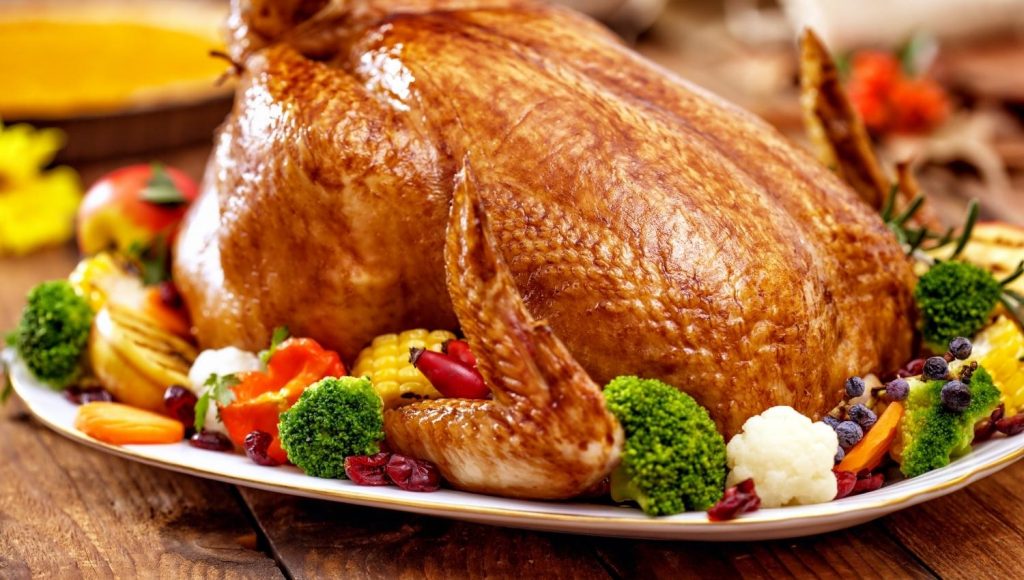
Collagen is missing the amino acid, tryptophan. Yes, the same tryptophan found in your Thanksgiving turkey and also other sources such as milk, cheese, beef, chicken, nuts, and soybeans (per Healthline).
Tryptophan is an essential amino acid that cannot be produced by the human body and must be obtained through your diet.
— Web MD
Source
There are small traces of tryptophan in collagen, but not near enough to be recognized.
How to Make Collagen a Complete Protein
I believe there are two different angles to approach answering this question.
- From a supplement perspective.
- From a food perspective.
To make a collagen supplement a complete protein, you’d simply need to add the essential amino acid, tryptophan, through the process of making the collagen peptides. As you might expect (per Sarah’s question we highlighted in the beginning), you can buy tryptophan-fortified collagen supplements. More on that below.
From a food perspective, simply take your collagen with a food that’s a complete protein. This doesn’t make the collagen itself “complete”, per se, but since there’s no best time to take collagen your body won’t care when exactly it’s receiving both complete and incomplete proteins — the consumption of those aminos could be hours apart!
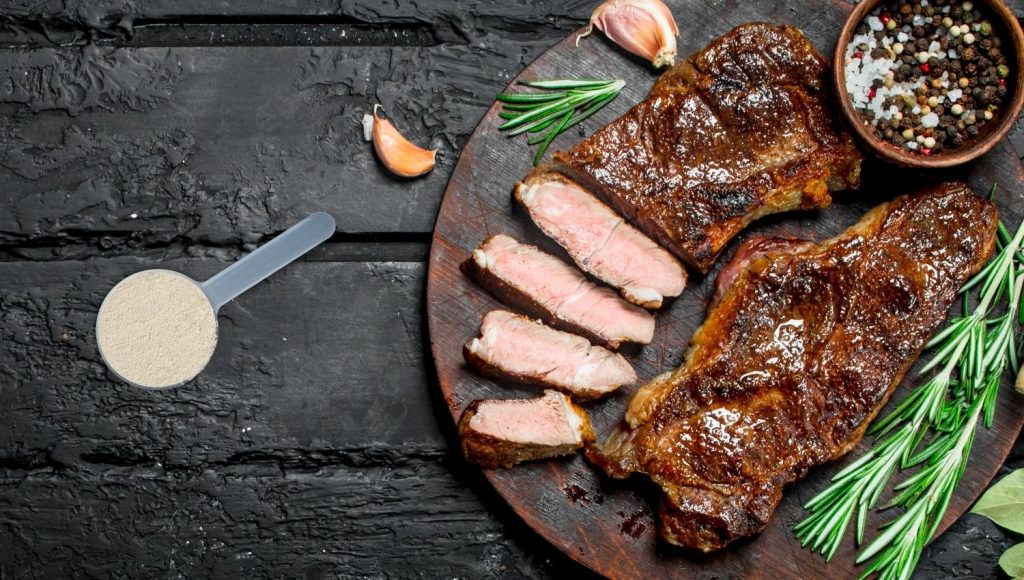
Ideas for consuming collagen with complete protein foods
Here are some ideas (extracted from How to Take Collagen Peptides Powder):
- Collagen powder with Milk + Ribeye Steak
- Collagen powder with Omelet (add ham, bacon, turkey, etc.)
- Collagen powder with Stew/Soup (containing ingredients that are complete proteins)
- Collagen powder with Yogurt
Yum. You get the idea.
Tryptophan Fortified Collagen: Yes, it exists.
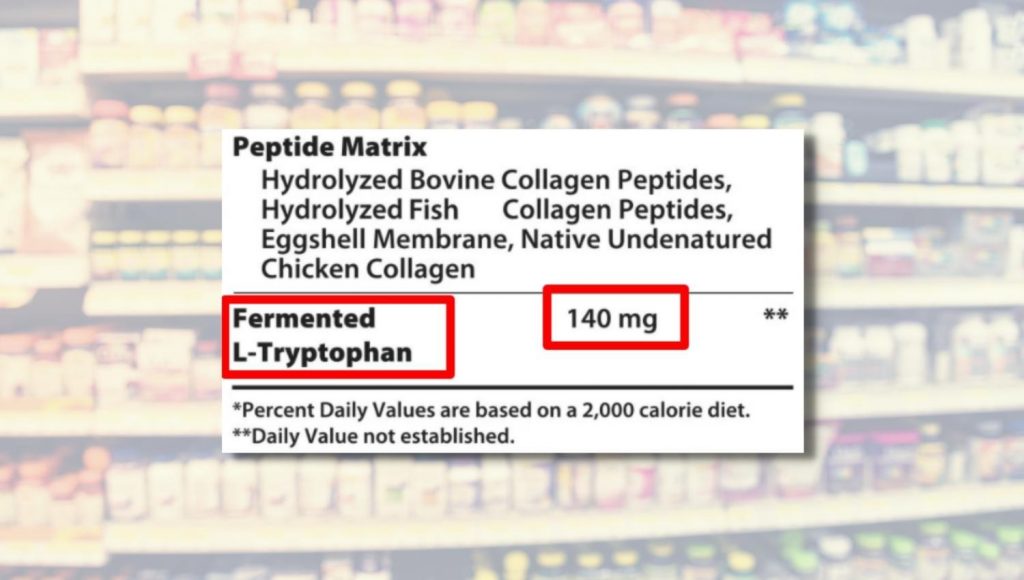
Why would a collagen product want to add Tryptophan?
Let’s re-phrase that.
Why wouldn’t a collagen supplement want to add collagen? Combine the rejuvenating magic of collagen and also claim it’s a “complete protein”? That sounds like a no-brainer, right? This is the main motivation behind a collagen product adding Tryptophan.
Adding tryptophan to collagen: legit claim or bogus marketing?
Is adding tryptophan to a collagen supplement, like a powder, legit, or simply a bogus marketing play? “This is an interesting idea, and seems like a legit claim”, commented Dr. Cate. She goes on to say:
The production of the L-Tryptophan is likely by a GMO, namely a bacteria that has been genetically manipulated to produce more of the stuff, then the tryptophan needs to be isolated from the bacterial slurry. Lots of processing steps! But could end up with a legit product if done right.
— Dr. Cate, M.D.
The case against adding tryptophan to a collagen supplement
Just because you can doesn’t mean you should.
We’ve all heard this advice at one point in our lives. Can adding tryptophan to collagen be done? Sure. Should it be done? I guess there are worse things, but we choose not to, and here’s why.
The idea that you need to supplement collagen to get tryptophan in your diet is flawed.
— Dr. Cate, M.D.
The Cleanest & Safest Multi Collagen in the World
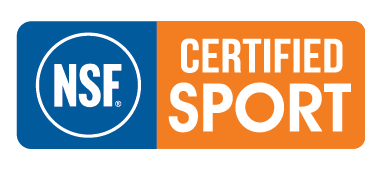
"I feel confident I am taking the best product and my joints thank me everyday!"
- Mike Freeman
Two reasons why we don’t believe a collagen supplement should add tryptophan:
- Efficacy & safety. These amino acids are very fragile and processing (aka putting them into a collagen powder) often destroys them while, at the same time, generating toxins. This is the same reason why we don’t add vitamin C to our collagen. Simply put, adding tryptophan to collagen jeopardizes efficacy and safety.
- You’re already getting enough tryptophan. The RDA for tryptophan in adults is 250mg to 425mg a day, per NCBI. Here’s a quick reference point of foods with Tryptophan:
- 6oz chicken breast = 687mg
- 6oz steak = 636mg
- (1) 3oz hamburger patty = 114mg
- 1 cup of firm tofu = 592mg
- 6oz salmon fillet = 570mg
- 16oz milk = 211mg
- 1 large egg = 77mg
As you can see, getting your RDA of tryptophan shouldn’t be a concern. Unless you’re eating Oreos all day erryday.
Final Takeaway
Does it bother us that collagen isn’t a complete protein?
Absolutely not.
We embrace the fact that collagen isn’t a complete protein because it possesses unique amino acids and bioactive peptides. You’ll find that we’re very consistent with our recommendation that you should get your overall nutrition from food first, then supplement.
“Collagen is a joint health, digestive support, and overall health supporting supplement — not a protein supplement”, says Dr. Cate. “You’d be far better off getting all your essential amino acids from food.”
The less manufacturing our multi collagen needs (e.g. adding in tryptophan, vitamin C, or anything artificial), in combination with a strong and transparent emphasis on overall nutrition, seems like the best decision for CB Supplements, our products, and our customers.
